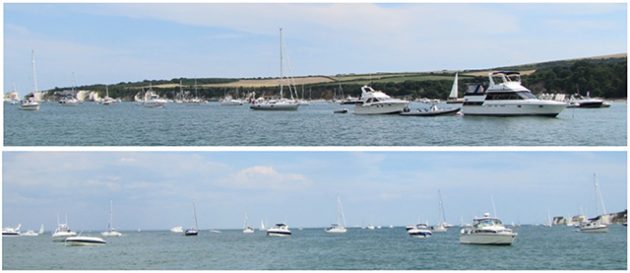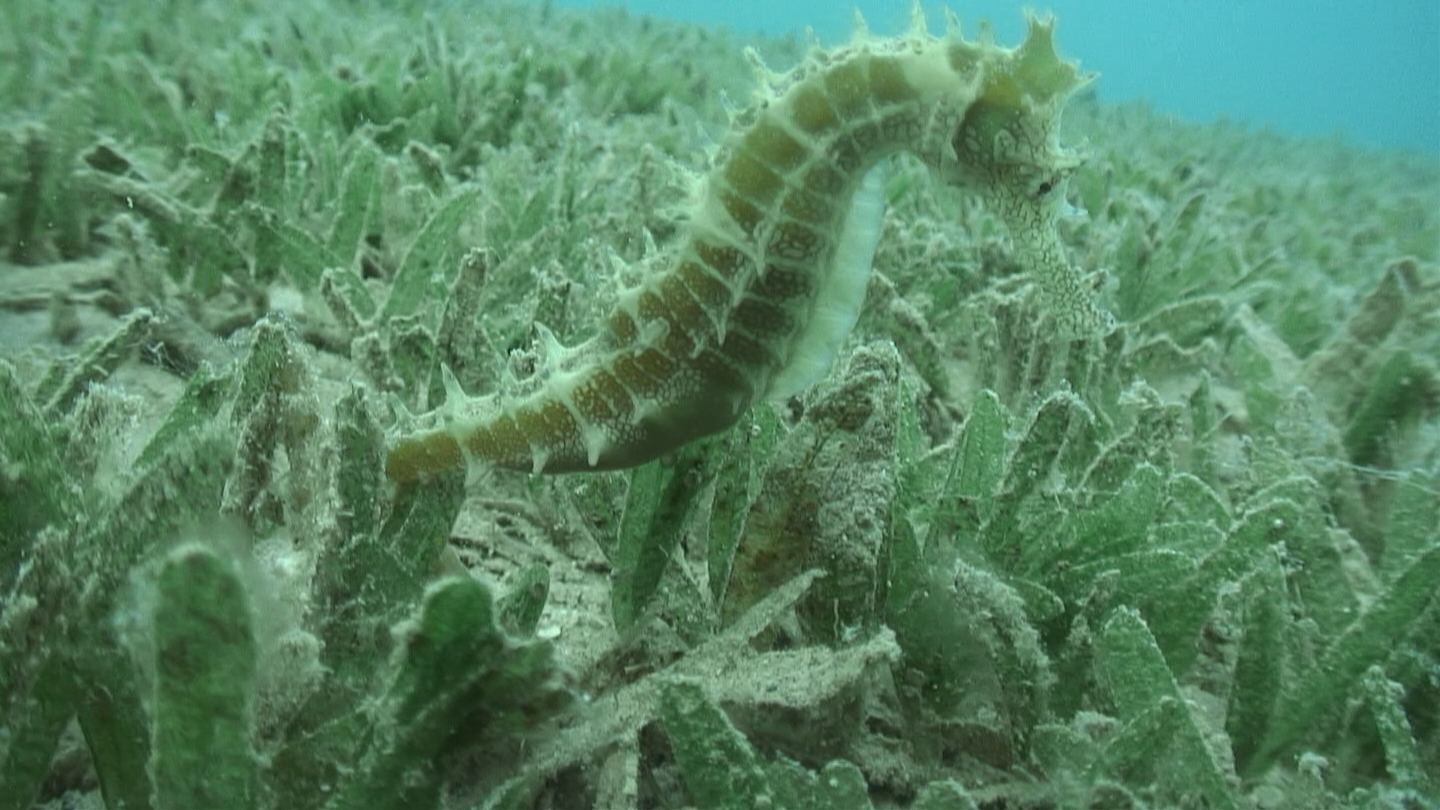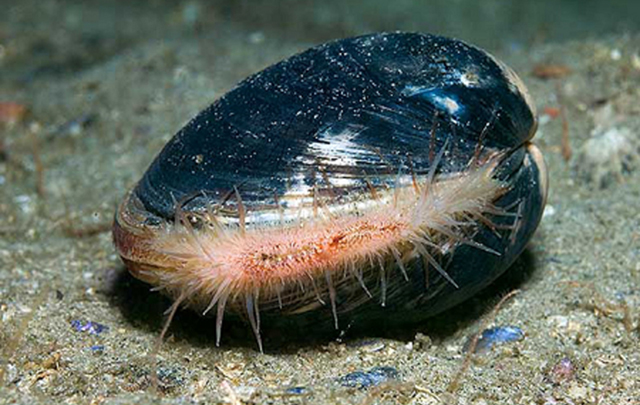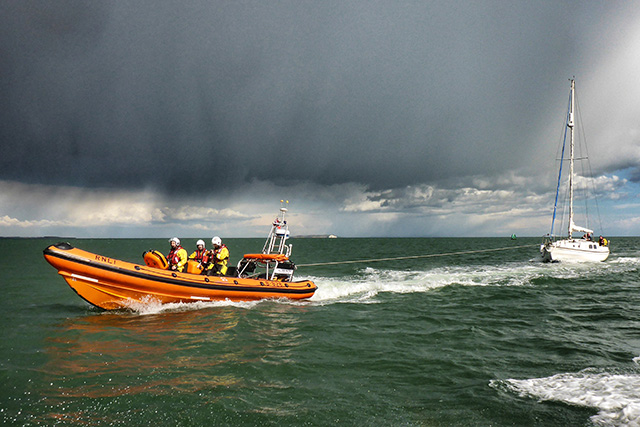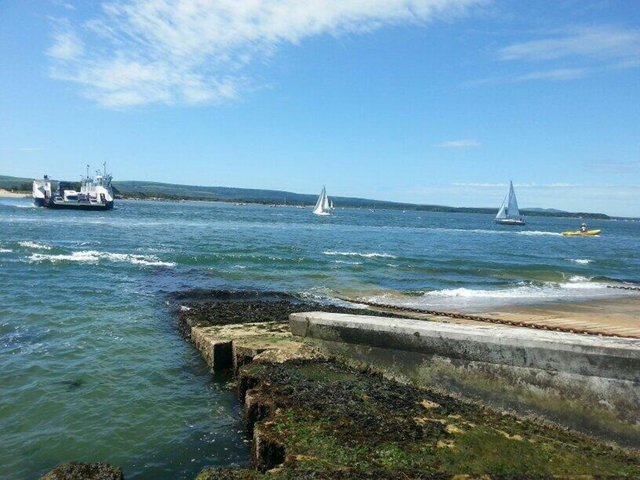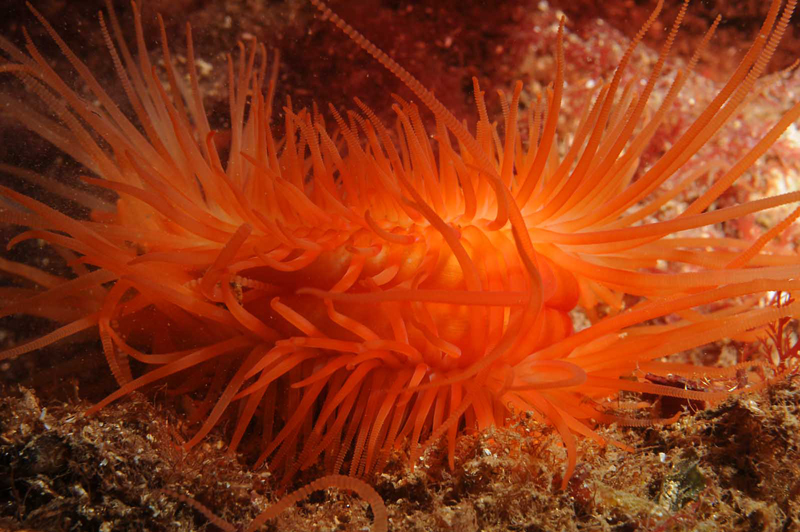Your chance to find out more about six new Marine Conservation Zones proposed for the South and South West of England
Defra, the Department for Environment, Food and Rural Affairs, has now embarked on Tranche 3 (the final tranche) of the Marine Conservation Zone designation programme.
The aim of this tranche is to complete the Blue Belt, an ecologically coherent network of well-managed marine protected areas around England.
Through this process, Natural England’s role will be to provide evidence-based scientific advice. Most of the site options will come from the 2011 Regional Projects, however, a small number of additional sites and boundary amendments have also been proposed to ensure the goal of ecological coherence is met.
Defra will announce the final list of sites and features to be formally considered in Tranche 3 at the beginning of the formal consultation period, scheduled for late summer/autumn 2017.
However, in the coming months, Defra and Natural England and Joint Nature Conservancy Committee (JNCC) will work together to ensure that these sites meet certain criteria and evidence standards.
Defra will use advice from Natural England and JNCC, along with socio-economic information, to make their final designation decisions. Sites will be designated in 2018, within one year of the public consultation period commencing.
In the Dorset, Hampshire and Isle of Wight (IoW) area, a number of sites are proposed. These include three sites around the IoW, Yarmouth to Cowes, Norris to Ryde and Bembridge & Sandown Bay and a further three along the Dorset coast, Studland Bay, South of Portland and Purbeck Coast.
Community drop-in sessions
In light of this, Natural England are holding drop-in events where recreational boaters can ask questions, raise concerns and receive information about the sites under consideration:
- Thistle Hotel, Poole – 7 March 2017 16:00 – 19:00
- Riverside Community Centre, Newport, Isle of Wight – 8 March 2017 16:00 – 19:00
- Holiday Inn, Southampton (Herbert Walker Avenue) – 9 March 2017 16:00 – 19:00
Drop-in events for the wider community will also take place on the following dates:
- Chesil Beach Visitor Centre, Portland – 21 March 2017 14:00 – 19:00
- Riverside Community Centre, Newport, IoW – 22 March 2017 14:00 – 19:00
- Studland Village Hall, Studland – 29 March 2017 13:30 – 18:30
If you would like more information on any of the proposed sites in this area or the broader MCZ process, these events will provide an opportunity to ask questions, raise concerns and receive more information.
The Royal Yachting Association (RYA) closely monitors MCZ developments and provides regular updates on the progress of MCZs/MPAs through the Current Affairs hub on the website, its range of e-newsletters and the quarterly RYA Magazine. For further information, see www.rya.org.uk/go/MCZs
RYA members can contact the RYA planning and environment team should they have any enquiries on 023 8060 4222 or environment@rya.org.uk.
Jon Reed, a spokesman for the Boat Owners Response Group (BORG), said: ‘Set up and used properly, MCZs could play a key role in reversing the deterioration of our coastal waters. Two things can prevent this:
- Bad science. Studland particularly is plagued by poorly researched science based on assumptions that reflect more of the ambitions of those who promote it than what is actually happening. BORG simply asks for an objective view of what is actually happening in places like Studland, so that conservation measures have the best chance of success. Anchoring in Eelgrass causes little disturbance, a view backed by many scientific papers and confirmed by our own observations.
- There is no funding to enforce MCZ areas and experts already complain that the whole thing is a paper exercise. If it is not possible to enforce rules fairly, we must avoid at all costs self appointed conservation vigilantes trying to enfirce rules. There have already been several attempts to complain about anchored boats in Studland. MMO reply that anchoring is not illegal. We will undoubtedly see far more of this if the Bay becomes an MCZ, if further rules are imposed.
‘Another layer of largely unenforceable legislation simply will not work. Most authorities world-wide now agree that conservation is best supported by education and voluntary agreements. There is no money to enforce any regulations on the water, and we fear that self appointed vigilantes would take over. Conservation issues raise strong emotions and there have already been several potentially serious arguments between visitors and conservationists in the Bay.
‘In 2013 BORG set up a working group with the Wildlife Trusts, MMO, Natural England and Studland Resident, and sponsored by RYA produced the ‘Anchoring with Care Leaflet’, giving ways in which boats can avoid causing disturbance to the sensitive marine environment of Studland. Dorset Wildlife Trust Volunteers have distributed this to visitors. If boaters follow these guidelines, any anchoring issues will be resolved.
‘BORG encourages boaters attending the Natural England Information days to demand an objective scientific base for any Conservation Measures in the Studland and Solent eelgrass anchorages. We can also ask how any regulations are to be fairly enforced in light of the threatened vigilante action.
‘Full details of what BORG has discovered is available on our website: www.boatownersresponse.org.uk. There is a lot of information here, and we suggest our Eelgrass Overview is a good place to start. This can be downloaded at:
‘Aerial photography showing the expansion of the eelgrass beds is here: boatownersresponse.org.uk/aerial-images
‘And for a closer look at the eelgrass itself these videos dated 2016 were used to measure eelgrass health by internationally accepted standards, and show Studland eelgrass density to be well above average.
‘All these papers, and most of the material on the website has been submitted to NE and DEFRA.’
The RYA ‘Anchoring with Care’ leaflet can be downloaded here.
New twist in Studland eelgrass debate
The Boat Owners Response Group (BORG) say part of the Studland eelgrass report is 'badly flawed'
120 MPs unite in call for full network of Marine Protected Areas
Discussions surrounding a full network of Marine Protected Areas were held on the five year anniversary of the Marine &…
No-anchor zone removed from Studland Bay
Report inconclusive on link between anchoring and seagrass
Skipper dies after tender incident at Studland
Yachtsman found unconscious in water - no lifejacket
New Marine Conservation Zones proposed for English Waters
The Government’s scientific advisors have provided proposals on where a final set of 50 Marine Conservation Zones are needed around…
RYA response to Defra’s latest Marine Conservation Zone consultation
The RYA believes that in most cases MCZs can be achieved without any adverse effect on either the public right…
Is Studland Bay no anchoring zone a ‘waste of time’?
Vote in PBO's poll
Four new Marine Conservation Zones designated in Northern Ireland
New inshore MCZs to protect Belfast Lough clams; rare black guillemots on Rathlin Island; seagrass meadows off Waterfoot; soft coral…
RYA urges boaters to observe Studland No Anchor zone
Voluntary Zone has been in place since 2009 pending study
Poole inshore lifeboat launched to stricken yacht
Rain, hail, sleet and sunshine, lifeboats launch in all-weathers and Poole Inshore Lifeboat experienced all of it yesterday.
Lucky escape after inflatable dinghy collides with chain ferry
One man was dragged underneath the Dorset chain ferry when his dinghy's engine failed in its path
RYA raises concerns over quality of evidence for MCZs
The national governing body for all forms of boating says activities should not be regulated or prohibited without 'robust evidence'




